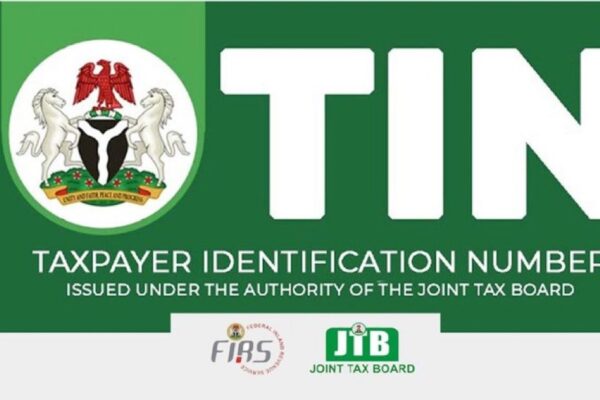
FIRS Declares NIN Now Automatically Serves As Tax ID For Nigerians, CAC Number For Companies
The Federal Inland Revenue Service (FIRS) has confirmed that the National Identification Number (NIN) issued by the National Identity Management Commission (NIMC) will now automatically serve as the Tax Identification Number (TIN) for individual Nigerians. The announcement was made on Monday as part of a public awareness campaign on the new tax laws, shared on FIRS’ X account. FIRS also clarified that registered businesses will no longer need a separate Tax ID. Instead, their Corporate Affairs Commission (CAC) registration number will act as their official tax identifier under the revised system. The clarification comes amid concerns over new tax law provisions requiring a Tax ID for transactions such as opening bank accounts. The Service explained that the Nigeria Tax Administration Act (NTAA), which takes effect in January 2026, mandates the use of a Tax ID for specific transactions. It noted that this requirement is not new, as it has existed since the Finance Act of 2019 and has now been reinforced under the NTAA. “The Tax ID unifies all Tax Identification Numbers previously issued by the FIRS and State Internal Revenue Services into a single identifier,” FIRS said. “For individuals, your NIN automatically serves as your Tax ID, while for registered companies, your CAC RC number is used. There is no need for a physical card, as the Tax ID is a unique number linked directly to your identity.” FIRS said the new system aims to simplify taxpayer identification, prevent duplication, curb tax evasion, and ensure fairness by making sure all taxable individuals contribute their share. The Service urged the public to ignore misinformation about the reform, assuring Nigerians that the updated framework is intended to improve efficiency and transparency in tax administration.




